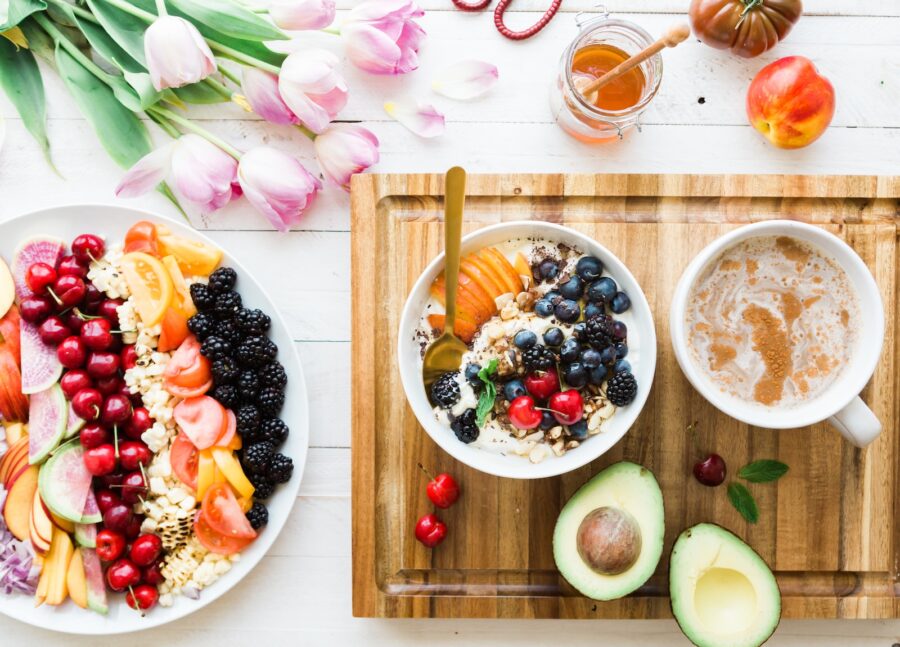How To Eat Clean
Training Your Body To Eat Clean Foods
Taking the plunge is always hard. Are you going to change your diet so drastically that you can no longer eat the foods that are familiar to you? Chances are, if you are reading this, you are either seriously considering a BIG change or you’ve begun to change and got a little stuck along the way.
 Here are some evidence-based tips, which have been found to be helpful in training people just like you, eat clean foods and avoid the junk!
Here are some evidence-based tips, which have been found to be helpful in training people just like you, eat clean foods and avoid the junk!
Mindfulness
The Centre for Mindful Eating states that mindfulness “utilizes the practice of mindfulness by intentionally bringing awareness to the internal and external environment while eating”. In that way, you can better judge your hunger and eat for health AND pleasure. Your body will then be able to digest and utilize the nutrition in the foods you have just eaten, for a better, healthier you.
To be mindful of what and how you are eating, you have to be in the present moment. How can you achieve that?
According to Christopher Willard (Mindful.org), these 6 things can help:
- Eat when your body feels hungry (e.g. stomach growling); not when your emotions tell you to eat (e.g. sad, happy).
- Stop when your body tells you it’s satisfied and don’t ignore your body’s signals of satiety.
- Eat with friends or family at specific times, and in specific places and not random times and places, alone.
- Eat foods which are nutritionally healthy and not foods which are emotionally comforting.
- When you are eating, just focus on eating (sit and eat on a plate) and don’t do other things (read, stand, use your phone).
- Consider where the food you are eating comes from and don’t just consider the meal the end product.
Walking or Gentle Exercise
Craving the sugary foods? Go for a walk instead! Researchers at the University of Exeter, found that taking a brisk 15-minute walk, made participants less likely to give in to their food cravings, than when they remained sedentary. That’s easy, no?
A more recent review (Codella et al.), pinpointed that gentle exercise uses the same dopamine reward pathways in the brain as sugar. So, if you want sugar, exercise. It’s good for you!
Help yourself make better decisions
In ancient times, our ancestors experienced periods of plenty and periods of starvation. Therefore, they used to ‘stock-up’ on calories during the periods of plenty. We, in the Western world, only experience the periods of plenty. We have no shortage of food. But our bodies are still programmed to eat as much as possible, should we experience shortages soon. We are constantly experiencing foods high in carbs and calories, and our bodies are craving it.
What can we do? Are we destined to be eating these foods, forever? Here are some of my tried and tested solutions:
- If it’s not there, you won’t eat it. Clear out your kitchen closets and work space from any foods that you may begin to crave. Swap it out for healthy, cleaner snacks.
- Don’t let yourself get too hungry. When you are hungry, you make worse decisions.
- In the same vein, don’t go to the supermarket hungry, and always follow a list.
- Always carry a protein bar or similar in your pocket – it can be a literal life-saver!
- When you eat out, know in advance what they serve and what you will eat, it saves you the agony of making on the spot decisions.
- Don’t be afraid to treat yourself occasionally – as that might be what will keep you sane. Most people can’t keep to a strict regime at all times. You deserve it!

























































